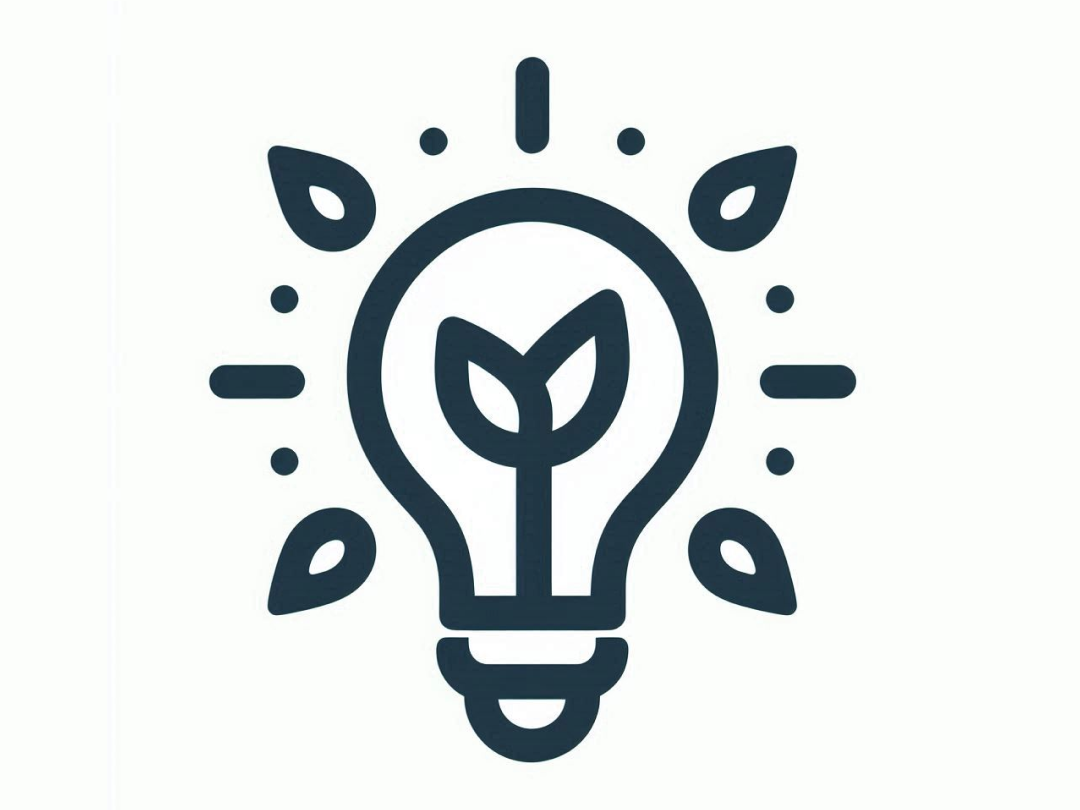Maintaining solar panels and battery storage systems is crucial for ensuring optimal performance, longevity, and safety. Here are the key maintenance requirements:
Solar Panel Maintenance
Dirt, debris, dust, and other particles can accumulate on solar panels, potentially reducing their energy output if not addressed. It's important to turn off your solar power system before cleaning.
-
Regular cleaning
Solar panels should be cleaned periodically (2-4 times a year) to remove dirt, dust, bird droppings, etc. that can accumulate and reduce efficiency. Typically, rinsing the panels with lukewarm water from a hose is sufficient to clean them.
Avoid using cleaning agents or soap, as these can leave streaks and potentially damage the panels. Avoid cleaning your solar panels on a sunny day to prevent smudges due to the quick evaporation of water.
-
Inspection
Visually inspect the panels for any cracks, discoloration, delamination, or other signs of damage. Check wiring and connections for corrosion or loose terminals.
-
Vegetation control
Keep areas around ground-mounted panels clear of overgrown vegetation that could cast shadows on the panels that could impact solar production.
-
Tilt adjustment
For some installations, adjusting the tilt angle seasonally can maximize solar exposure and energy production.
Battery Maintenance
Energy storage is critical for solar energy systems to store power when it is not needed and to distribute it when production falls short of demand.
-
Temperature control
Ensure proper ventilation and temperature regulation for battery banks, as high temperatures can degrade performance and lifespan.
-
Voltage control:
In addition to temperature, it is vital to ensure batteries have the appropriate input voltage and current. If the voltage is too low, the charge state will be low.
-
Cleaning
Keep battery terminals and cases clean of dirt, dust, and corrosion buildup.
The advantages of the Moduly Nødz energy storage is that it only requires to keep the unit free and clear of debris, especially around the air intake and exhaust. The intelligent system takes care of the temperature and voltage monitoring automatically.
Proper maintenance procedures as outlined by the equipment manufacturers should be followed.
Neglecting maintenance can lead to premature system failures, safety hazards, and reduced performance/longevity of the entire solar+storage system.
Factors Affecting Solar Panel Longevity and Performance
Position and Orientation
-
Proper positioning and orientation of solar panels is crucial to maximize sunlight exposure and energy production.
-
South-facing orientation is generally ideal in the northern hemisphere to receive optimal year-round sunlight.
-
Shading from trees, buildings or other obstructions can significantly reduce solar output and accelerate degradation.
Temperature
-
High operating temperatures can negatively impact solar panel efficiency and lifespan.
-
Excessive heat causes the panels to produce less power and degrade faster.
-
Ensuring adequate ventilation and airflow around the panels helps dissipate heat.
Weather Conditions
-
Cloudy, rainy or snowy conditions reduce the amount of sunlight reaching the panels, lowering energy production.
-
Extreme weather events like hailstorms can potentially cause physical damage to panels.
-
Panels in moderate climates tend to experience lower degradation rates compared to harsh desert or coastal environments.
Quality of Components
-
Using high-quality solar panels and components from reputable manufacturers is important for longevity.
-
Lower quality materials may degrade faster, reducing the system's lifespan and performance over time.
-
Established manufacturers typically provide longer performance warranties on their products.
Installation Quality
-
Proper installation following best practices is critical to maximize system performance and lifespan.
-
Poor installation can lead to issues like defective wiring, loose racking, or suboptimal positioning that accelerate degradation.
-
Experienced solar installers should assess site conditions and account for local climate factors.
Maintenance
-
Regular cleaning to remove dirt, debris or snow accumulation prevents obstructions that block sunlight.
-
Periodic inspections can identify potential issues before they escalate into larger problems.
-
Adhering to recommended maintenance schedules helps prolong the life of solar components.
By considering these factors during system design, using quality components, ensuring proper installation, and maintaining the equipment, solar owners can maximize energy production and extend the longevity of their solar panels and battery storage systems.
Sources:



